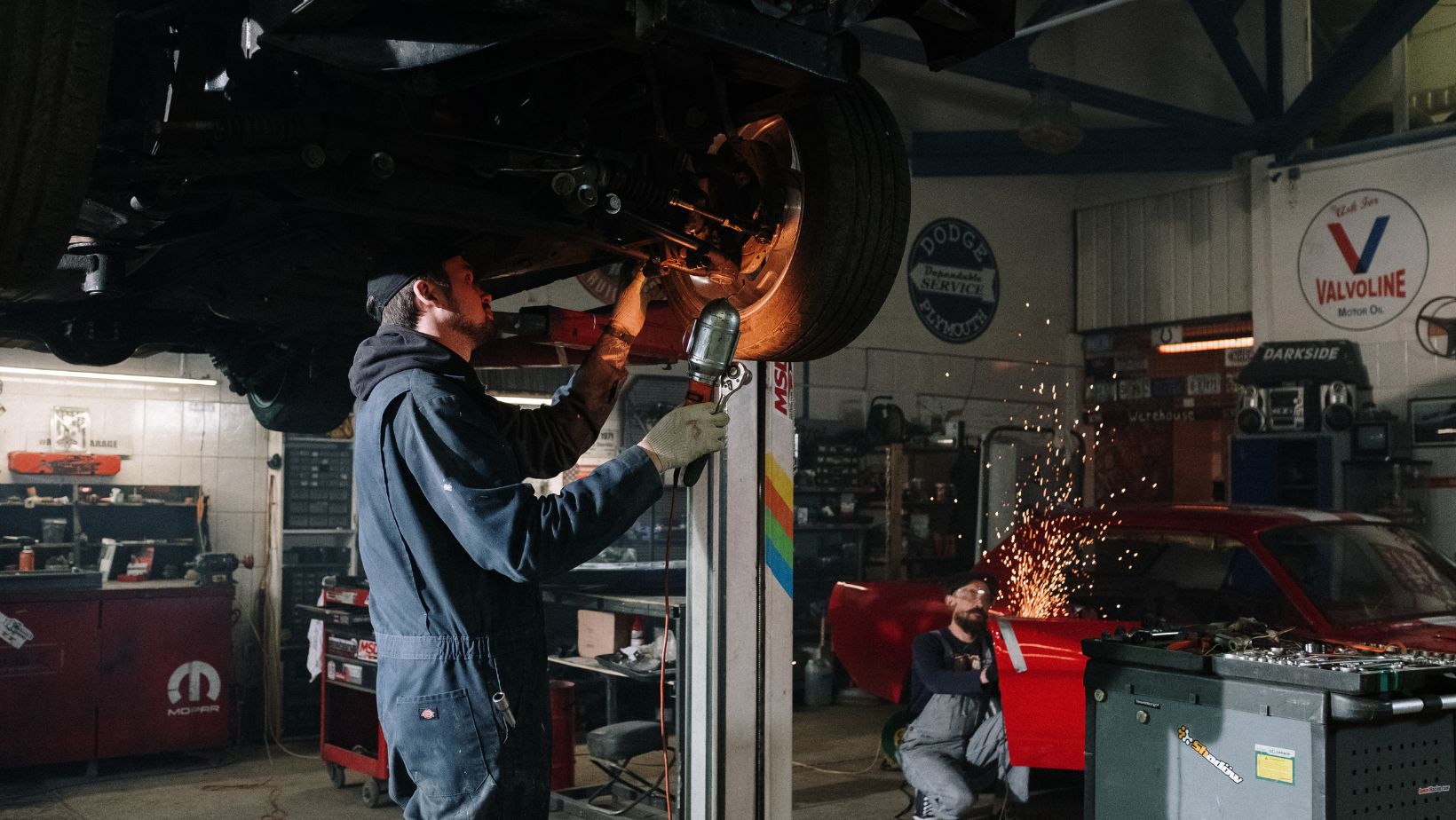Toyota Car Repair
When it comes to Toyota car repair, finding a reliable and knowledgeable service provider is essential. As an expert in the field, I understand the importance of maintaining your Toyota vehicle to ensure its optimal performance and longevity. Whether you’re dealing with routine maintenance or facing a complex repair issue, having access to skilled technicians specializing in Toyota cars can make all the difference.
Toyota vehicles are known for their durability and reliability, but like any other car, they require regular maintenance and occasional repairs. From oil changes and brake inspections to engine diagnostics and transmission repairs, a qualified technician can diagnose issues accurately and provide effective solutions tailored to your Toyota model.
One of the advantages of choosing a trusted Toyota car repair service is the access to genuine parts designed specifically for your vehicle. Genuine parts ensure proper fitment and offer superior quality and compatibility. This ensures your Toyota retains its performance, safety features, and resale value.
Diagnosing Toyota Car Problems
Electrical Issues
When it comes to diagnosing electrical issues in your Toyota car, there are a few common problems that you may encounter. One of the most prevalent issues is a malfunctioning battery. If you’re experiencing difficulty starting your car or notice dimming lights, your battery may be on its last legs. Another electrical problem could be related to faulty wiring or a blown fuse. Certain features like power windows or interior lights may not work properly in such cases.
To diagnose these problems, check the battery voltage using a multimeter. A healthy battery should read around 12.6 volts when fully charged. Additionally, inspect the wiring harnesses and connections for any signs of damage or corrosion. If everything seems fine, but you’re still facing electrical gremlins, it might be worth consulting with a professional mechanic with access to specialized diagnostic tools.
Suspension Troubles
Suspension troubles can lead to an uncomfortable ride and impact your Toyota vehicle’s overall handling and safety. Some common signs of suspension issues include excessive bouncing, uneven tire wear, or a noticeable pulling sensation while driving. These symptoms could indicate worn-out shocks or struts.
To diagnose suspension problems in your Toyota car, start by visually inspecting the shock absorbers and struts for leaks or damage. Any signs of oil leakage suggest they may need replacement. Next, perform a bounce test by pushing down firmly on each corner of the vehicle and observing how quickly it rebounds – if it bounces excessively or continues to oscillate after releasing pressure, this may indicate worn-out components.

Toyota Car Repair Tools and Equipment
When repairing Toyota cars, having the right tools and equipment is essential. As an expert in car repair, I understand the importance of using high-quality tools specifically designed for Toyota vehicles.
- Diagnostic Scanner: A diagnostic scanner is crucial for identifying any issues with your Toyota’s electronic systems. It can quickly pinpoint problems by reading error codes stored in the vehicle’s onboard computer. Investing in a reliable diagnostic scanner will save you time and money by accurately diagnosing problems and allowing you to make necessary repairs.
- OBD-II Reader: An OBD-II reader is another handy tool that connects to your car’s OBD-II port to retrieve real-time data about its performance. This tool can help you monitor various parameters such as engine RPM, fuel efficiency, temperature, and more. It allows you to gather valuable information that aids in diagnosing issues or monitoring your Toyota’s overall health.
- Torque Wrench: When working on a Toyota car, it’s crucial to ensure that all bolts and nuts are tightened correctly according to manufacturer specifications. A torque wrench helps achieve precise torque settings during assembly or repairs, preventing over-tightening or under-tightening, which could lead to further damage or failure.
- Jack Stands: Safety should always be a priority when working underneath a vehicle. Jack stands to provide stability by securely holding up the car while you work on it, ensuring your safety throughout the repair process.
- Quality Hand Tools: Having high-quality hand tools such as screwdrivers, pliers, wrenches, sockets, and ratchets is essential for performing various tasks during Toyota car repairs. Invest in durable tools from reputable brands as they offer better grip and durability than cheaper alternatives.
However, if you’re confident in your skills and have the necessary tools, performing Toyota car repairs can be a rewarding experience. Just be sure to follow proper safety procedures and consult the vehicle’s repair manual when needed.








































